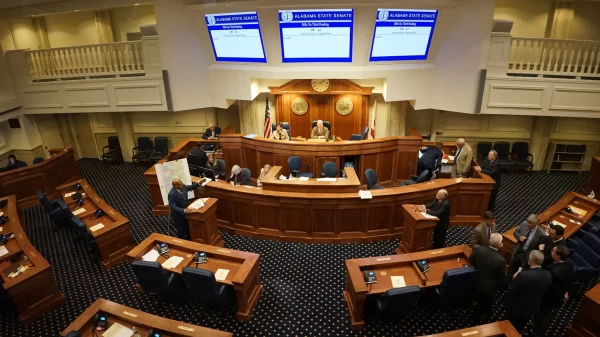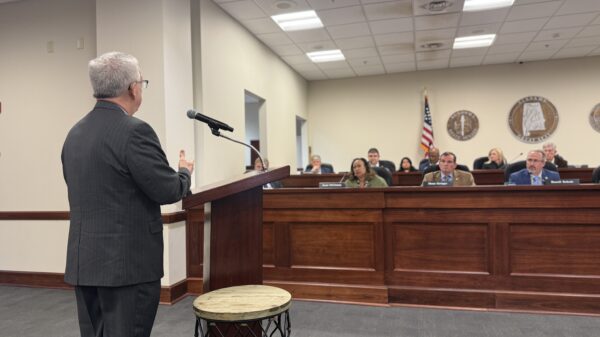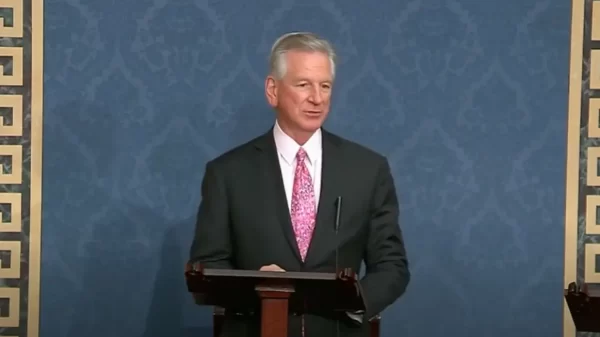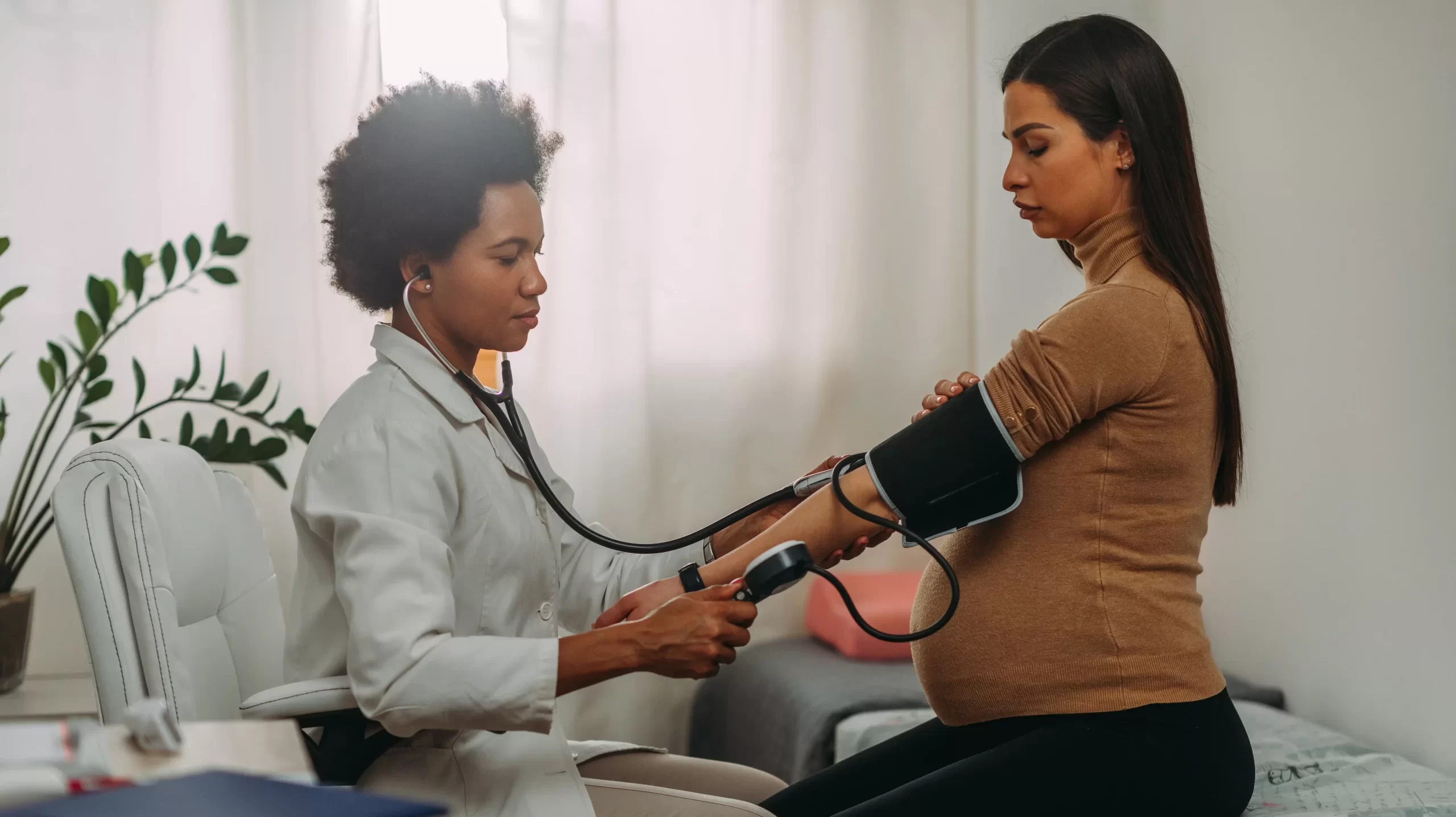Last Friday was like many days of the past five years. I received an early morning call to report to Labor and Delivery, where I had the honor and privilege of delivering a healthy baby boy named Malachi.
I couldn’t help but smile as Brahms’ “Lullaby” played throughout the hospital, as it always does with the arrival of a newborn. And then on Monday, for the first time in 30 years, I sat in my office and had nowhere to go. That’s because at 6:00 p.m. last Friday evening at Grove Hill Memorial Hospital, the labor and delivery unit closed its doors for good.
It’s the third rural hospital in Alabama to stop delivering babies this year. Sadly, we can expect more rural hospitals to shutter their obstetrical departments in the coming months. Many rural hospitals are desperately rushing to convert to providing only emergency room services, in order to obtain the funding – coming from the federal government – to remain operational.
But the loss of labor and delivery units isn’t just a rural problem. Even Birmingham and suburban Shelby County hospitals have closed their obstetrical units in recent months. When a hospital closes its doors to delivering babies, it’s not just a wing of a hospital shutting down. The physicians and the vital care they provide disappear from the community, and the community loses the lifeline to its mothers and babies. It’s not just a rural problem or an urban problem. It’s an Alabama problem.
After the closure of the labor and delivery unit where I worked, the nearest hospital where women can give birth now is an 80-minute drive. That’s assuming they have transportation immediately available. The fact is many do not. Waiting for other transportation could make the trip more than two and even up to four hours away.
No one wants this. Every extra mile between a laboring woman and proper care can turn one of life’s most beautiful moments into an unspeakable tragedy in a matter of minutes.
It’s also not just about the distance. It’s about the critical, physician-led care mothers and babies need, especially in emergencies. Without the leadership and expertise of Ob/Gyn’s and a dedicated and trained obstetrical team readily available, risks to mothers and babies multiply.
Women will start delivering their babies in ERs – if they can get to one in time. And if there’s a complication – such as a premature birth with no neonatal ICU or obstetrics team – both mother and child face grave risks. Physicians like me – Ob/Gyns – are specially trained for these situations.
I used to say that in this situation, medical outcomes would get worse. But that is a gentle euphemism for what will actually happen. Babies will die. Mothers will die.
There are a lot of reasons that contribute to the limited access to care. One that can be readily addressed right now in our state is the current Medicaid coverage gap in Alabama.
I was born and raised in Alabama. I’m a proud Alabamian and a United States Marine Corps veteran. I love this state, its hardworking people, its pro-family values, and its respect for life. That is why I cannot understand, for the life of me, why we are not closing this coverage gap in Alabama to ensure, among other things, that more pregnant women can have healthy babies. Expanding this coverage is not just about access to hospitals. It’s also about ensuring access to medical doctors and the specialized care they provide.
As 40 other states in this country have already done, closing this coverage gap would provide lifesaving health insurance to thousands of Alabamians. These are hardworking people who, through no fault of their own, earn too much for Medicaid but not enough for private insurance. For the sake of honesty, this additional coverage may have kept my small, but critically located hospital, providing needed maternity services. And this isn’t about my ability to make a living. I am very blessed to have options, and I will go on to deliver babies elsewhere. It’s just going to take a lot of mothers a whole lot longer to get to where I am.
Expanding this coverage to more families means better healthcare options for everyone, hope for rural medical care, and healthier babies. It means that mothers and babies in Alabama will have more access to the physician-led care they deserve, and, hopefully, the return of Brahms’ “Lullaby.” It is so very simple: It’s the right thing to do.


















































